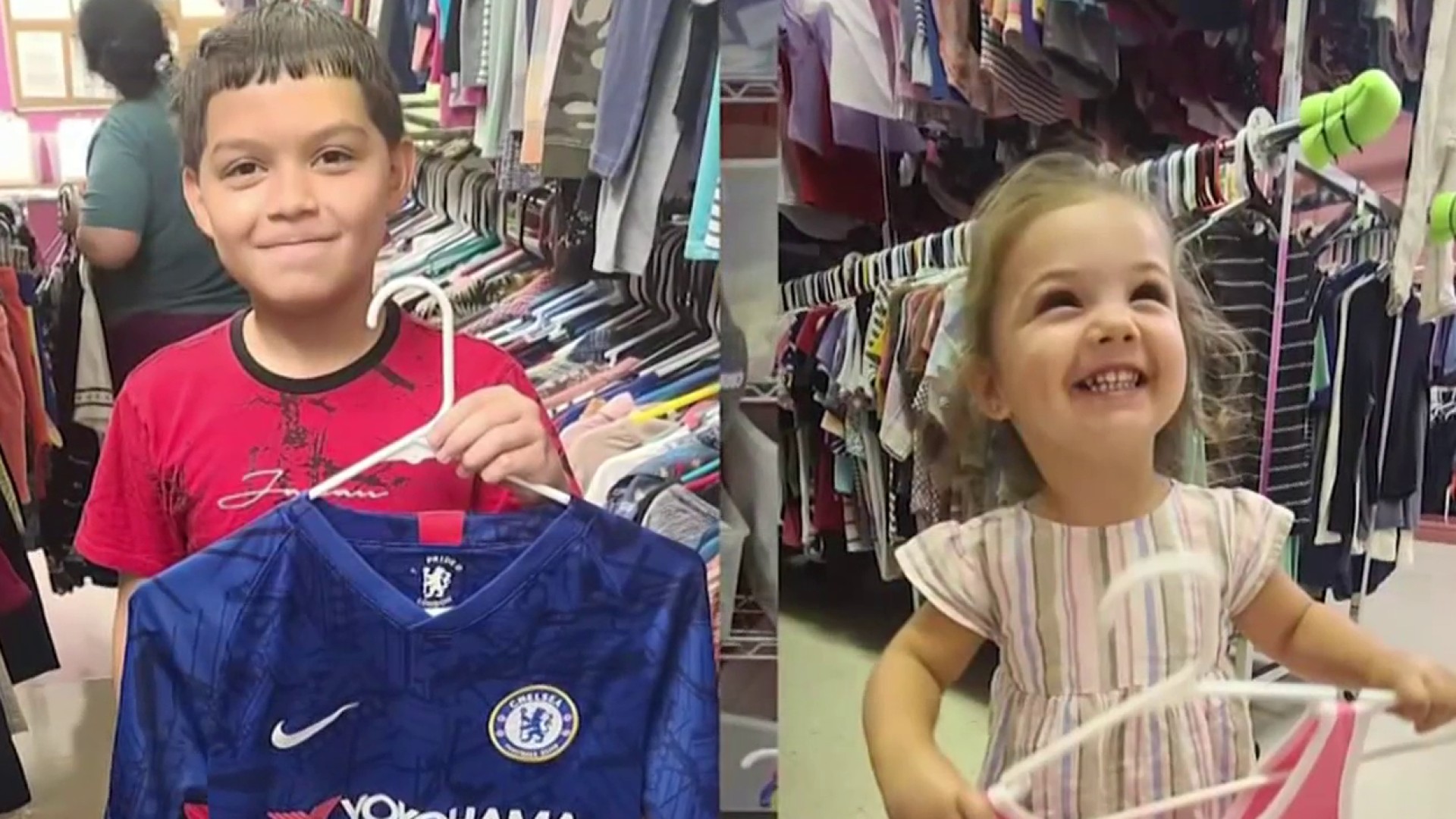Like many women, Zeina Alkhalaf struggled to get pregnant.
The Fairfax, Virginia, resident was diagnosed with polycystic ovary syndrome, a condition that affected her hormones, when she was in the 20s. She turned to in vitro fertilization to have her daughter, Faye.
"I was very confused," she said. "I felt like my body had failed me."
Years later, when she wanted to expand her family, she turned to fertility treatments again. She got pregnant but suffered a devastating late-term miscarriage and was hospitalized.
Determined to take control of her health, Alkhalaf starting doing research — something she's familiar with as she pursues a doctorate in maternal and child health. She read medical journals and dug into the science of the chemicals in our cosmetics, personal care products and food.
"For me it was a really big shock," she said about what she found.
Although some individual products may contain trace amounts of chemicals that have been linked to cancer and infertility, the personal care product industry says the amounts are small and the products are safe.
"All materials can be used safely. It's all about the dose," said Dr. Jay Ansell, a vice president of the Personal Care Products Council.
The group is the leading national trade association representing the $48 billion personal care product industry in the United States.
Local
Washington, D.C., Maryland and Virginia local news, events and information
But epidemiologist and George Mason University researcher Dr. Anna Pollack said that when it comes to safe levels of chemicals and long-term risk, no one really knows.
"In real life we're not just ever exposed to one thing at a time," she said. "As more and more studies are done using these newer methods, it will give us a better picture of what our health risk may be."
Alkhalaf didn't wait for science to tell her what she saw first-hand. She switched to toothpaste, deodorant and makeup with fewer chemicals, and started eating an organic diet. She said her menstrual cycles regulated, her mood improved and her hormones leveled off.
"I could not believe that there was such as a huge change in just small things that I was, you know, switching in my house," she said.
The biggest change of all: She got pregnant, naturally.
Baby Yusef is now seven months old. Alkhalaf said her doctors can't explain it. It's not clear if she got pregnant because of the changes she made to her personal care products or diet, or if it was something else entirely.
She shares her story on a blog called Confessions of an Organic Mama. She writes about alternative products she's tried and loved. She said she does it because she wants to help others.
"I was like, I need to be able to share this information with everyone that I can. They need to know about what's going on," Alkhalaf said.
She admitted that it sometimes can be expensive to use alternative products. But she considers it an investment in her family's health.
The cosmetics industry maintains that their products are safe and says the science speaks for itself.



